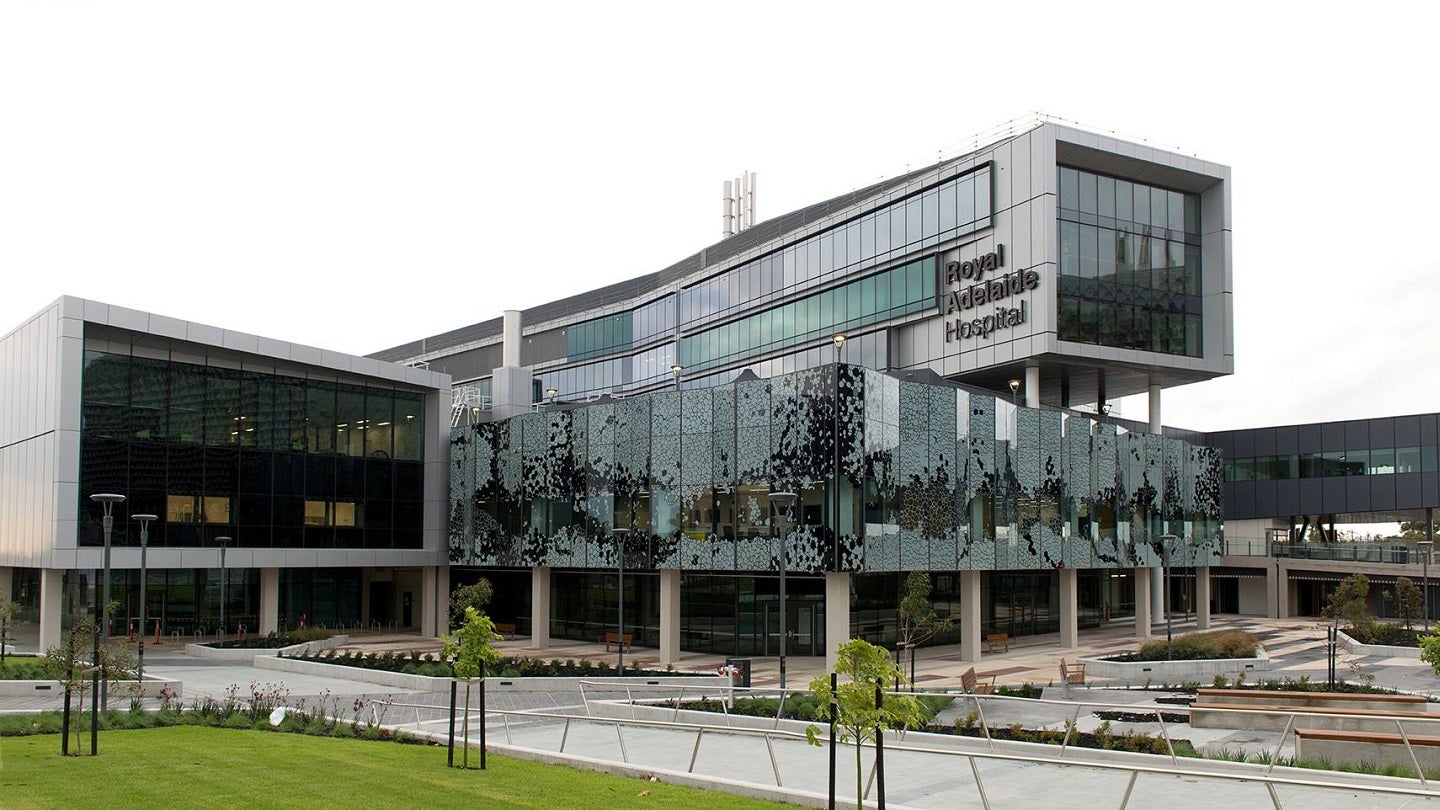
Australia-based Royal Adelaide Hospital (RAH) has announced an initiative called Sip Til Send, allowing patients to drink fluids until their surgery commences.
This policy is expected to permit patients to consume clear liquids such as water, ice, diluted cordial, and black tea or coffee, sipping 200ml per hour.
Until their surgery, they will be able to sip these liquids every hour from a standard ward cup.
Sip Til Send was initially launched at Scotland’s Ninewells Hospital and Medical School in 2021.
All Scottish Orthopaedic and Trauma centres, as well as multiple National Health Service (NHS) trusts, have adopted this approach.
RAH is the second Australian hospital to adopt this programme, following its launch at Sydney’s Prince of Wales Hospital.
In contrast to the traditional pre-surgery protocols, some recent studies have proved that a controlled intake of fluids before surgery is safer, advantageous for patients and avoids the risk of aspiration.
In line with this, Sip Til Send claims to bring about enhanced patient hydration, overall well-being, and improved postoperative outcomes.
Notably, RAH patients will still be required to abstain from food for a duration of at least six hours prior to surgery, with exceptions made based on medical or surgical considerations.
Central Adelaide Local Health Network Surgery Program nurse lead Kristian Sanchez said: “The RAH is leading the way in South Australia, becoming the first hospital to ease strict liquid restrictions so surgery patients can now drink clear fluids right up until they go into theatre.
“We are working closely with the lead anaesthetist and nursing team for this project in Scotland to ensure we adopt this new policy as smoothly and effectively as possible.
“Fluid fasting can be uncomfortable so we hope this change will help ease our patient’s anxiety and prevent postoperative complications associated with dehydration.”



